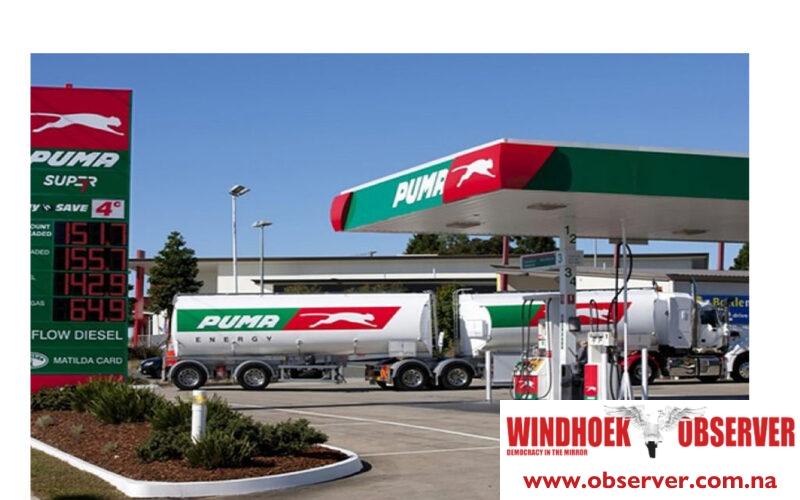Martin Endjala
The Ministry of Mines and Energy (MME) has clarified that it does not prevent people from using smuggled fuel from Angola, colloquially known as ngungula.
According to Andreas Sheehama, the mines and energy petroleum chief inspector, the ministry can only discourage its sale, citing negative impacts on Namibia’s economy.
“The selling of Angolan fuel in Namibia is sabotaging the economy of the country. Hence, we are against it. People can use ngungula for their tractors and vehicles, but they cannot sell it in the country,” he said.
Sheehama explained that Angolan fuel differs from Namibian fuel in terms of quality, as it is less refined.
“Angolan diesel is 1 500 parts per million (ppm) of sulphur, considered high sulphur. This is higher than the standard for diesel in Namibia, which is 50 ppm and 10 ppm. Diesel with a higher ppm is considered to have more sulphur, meaning it’s less refined and emits more sulphur into the environment than with a lower ppm,” explained Sheehama.
While the ministry has not conducted any formal study to determine whether Angolan fuel damages Namibian vehicles, Sheehama acknowledged reports of vehicle engines experiencing poor combustion due to the high sulphur content.
This has led to engine blockages in some cases.
Businessman Marius Nangolo, spokesperson for the Namibia Local Business Association (NALOBA), said the sale of ngungula has negatively impacted businesses in the northern regions.
“Our members, particularly those who have service stations in the regions, have found it difficult to compete with ngungula smugglers, as many people have opted to buy the cheap litres of fuel rather than our clients. It is challenging,” he said.
According to Nangolo, this has led to high costs that are no longer manageable, forcing them to make cuts or close their businesses.
“Running a service station is not easy. The cost of storage, manpower, suppliers, and kiosks are all costs, and if they do not make profits, they are in big trouble,” he cited.
He said vehicle owners are prepared to risk their vehicles to save extra dollars despite the risks since ngungula fuel is affordable.
He also observed that vehicle owners, including taxi drivers, are willing to risk engine damage to save money by using the more affordable ngungula.
Nangolo urged Namibia and Angola to collaborate on an agreement to regulate and legalise the sale of ngungula, warning that the situation could escalate.
The Fuel and Franchise Association (Fafa) Chairman, Hennie Krüger has often blamed the MME for not adjusting retailers’ margins and continuously issuing new licenses to new entrants in an already saturated market.




